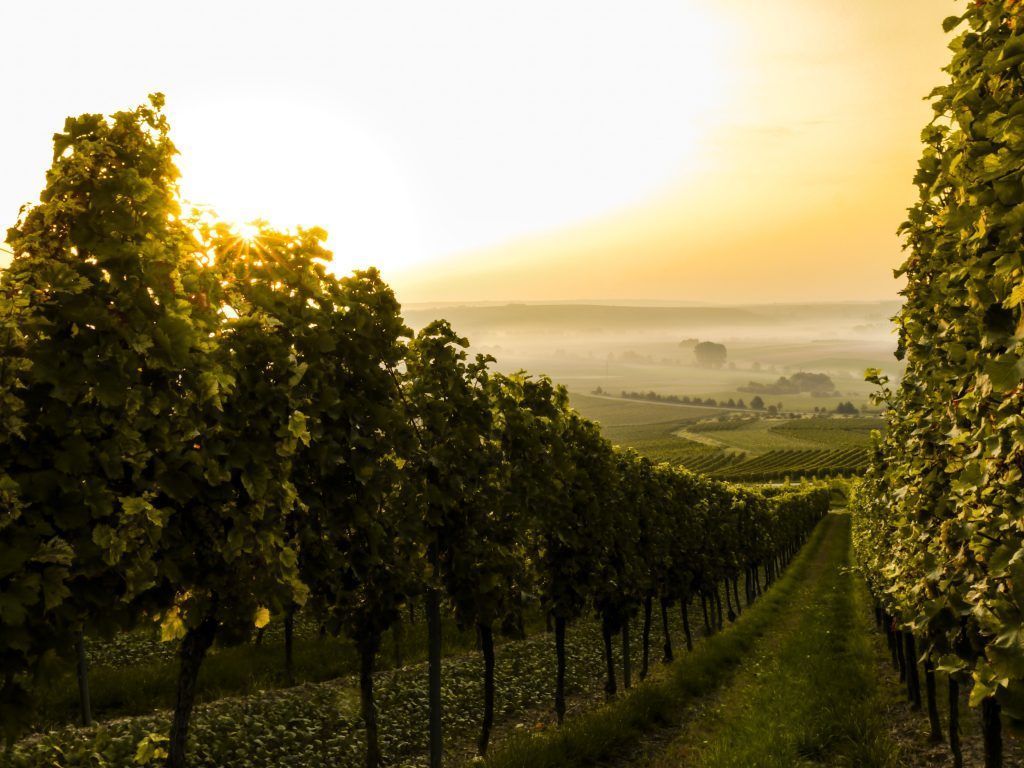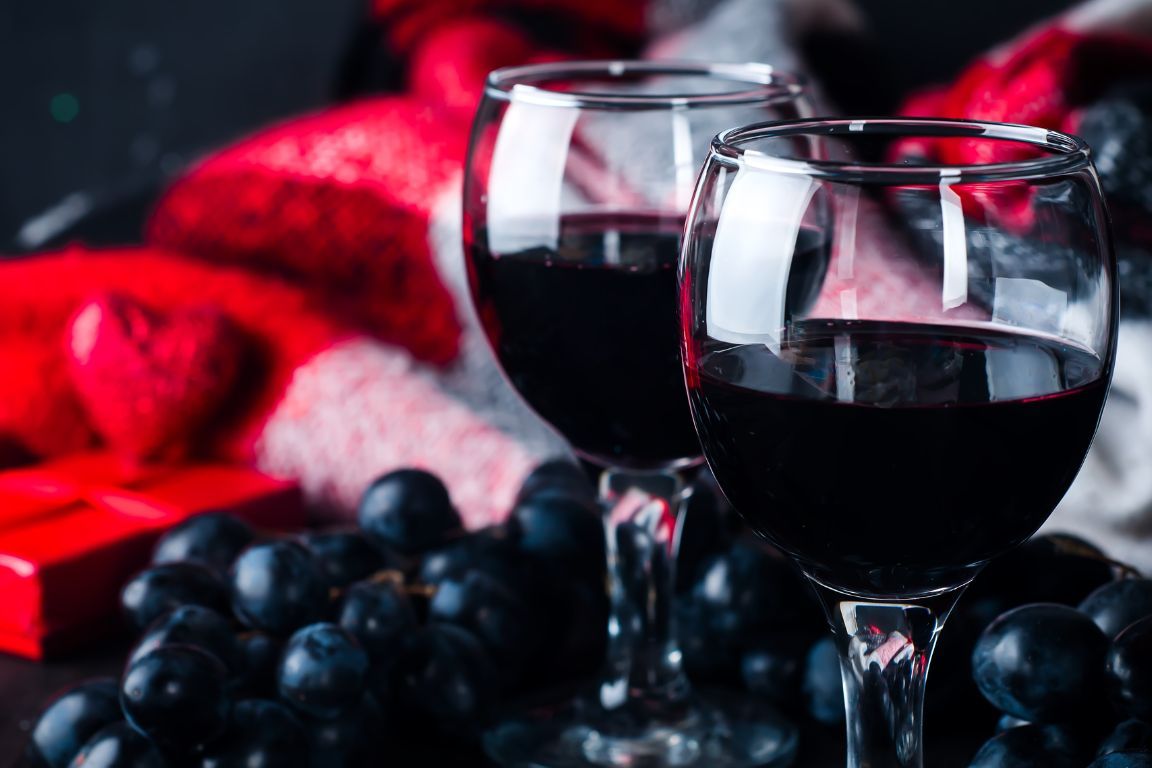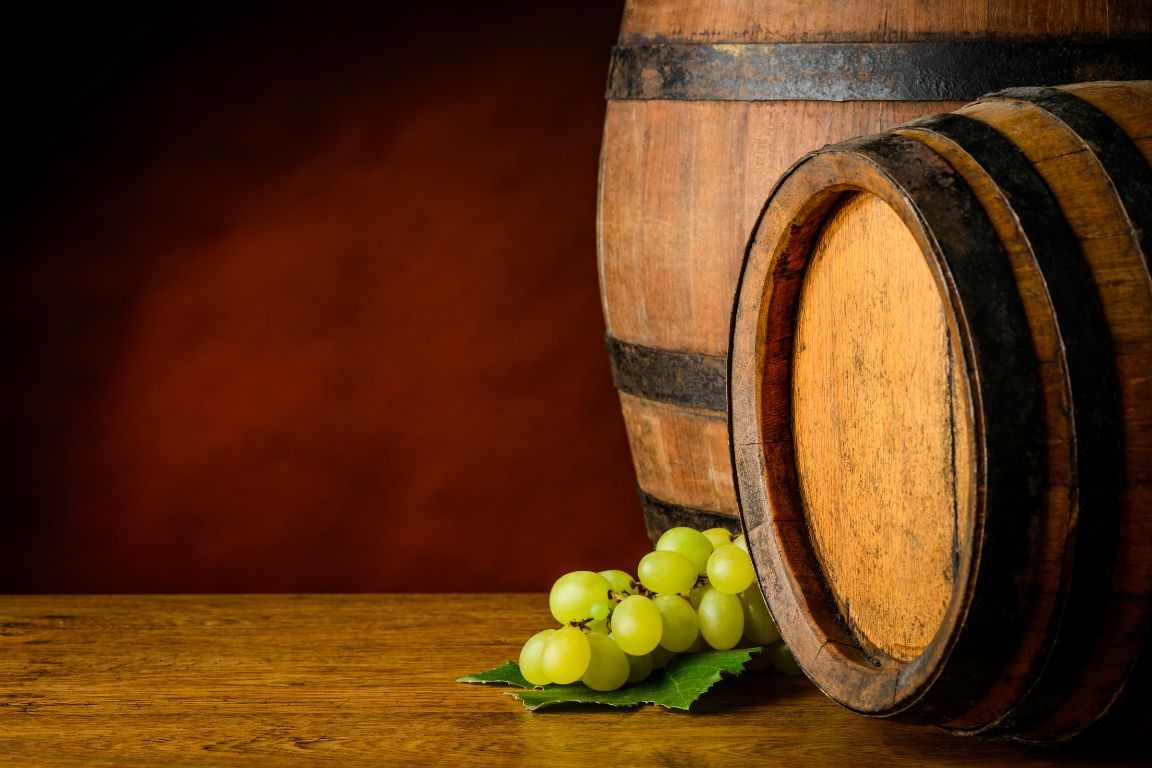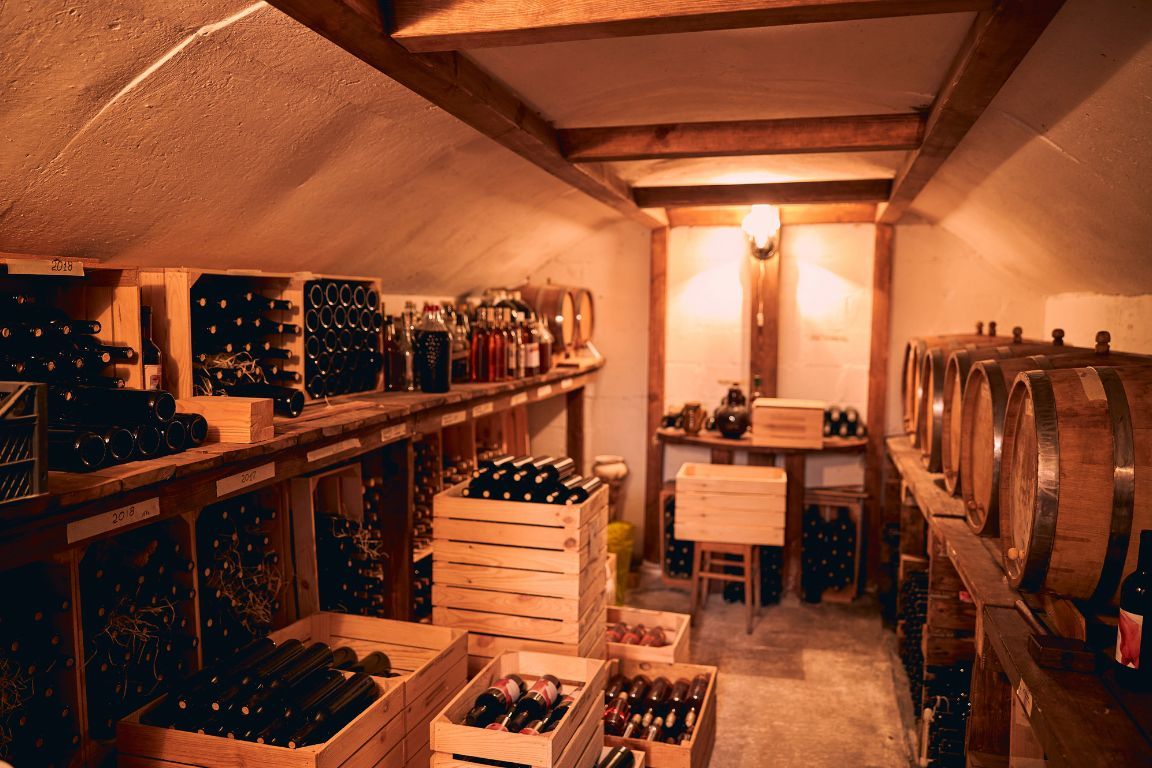Did you know that the wine industry is making important decisions aimed at sustainability? Like other sectors, cork production is evolving to be more environmentally friendly.
Eco-friendly wine stoppers are quickly becoming one of the most used solutions in bottling by many wine companies that are committed to sustainability.
Imagine opening a bottle knowing that even the cork contributes to protecting the planet. In addition to those made of natural cork, ecological closure alternatives for wine bottles are diversifying. They now include synthetic caps, such as those made with biopolymers, compostable and environmentally friendly materials.
By choosing wines with renewable corks, you can enjoy your glass while contributing to a greener future. Who said you can’t taste a good wine and be eco-friendly at the same time?
Ecological closure in the wine industry
Eco-friendly wine stoppers, one of the sustainable bottle seal alternatives, are a green option that is not only environmentally friendly, but also offers a seal that keeps out oxygen and extends the life of the bottle. nectar.
Innovation in this sector is in full swing, with manufacturers constantly working to improve the sealing characteristics of bottle capping, thus ensuring optimal protection against oxidation and contamination.
Sustainable stoppers for wine conservation
Eco-friendly wine stoppers, in addition to caring for the environment, offer an airtight seal that protects the wine from oxidation and deterioration, resulting in more effective and long-lasting conservation. This means consumers can enjoy their wine for longer without worrying about food safety and quality.
Innovation in environmentally friendly wine stoppers
Regarding the implementation of sustainable practices in the production of closures, there are innovations and advances in this field. Some companies have developed more efficient and less polluting production processes, certifying themselves as companies with a zero carbon footprint, and have incorporated renewable and recycled materials in their products.
Wineries can be part of the innovation by choosing suppliers that have a commitment to sustainability and environmental conservation.
Technological advances in sustainable closures for the wine industry
Technological advancement is allowing the production of eco-friendly wine stoppers with better performance and lower environmental impact. These caps are made of biodegradable and compostable materials, adding additional value to its ecological proposal.
Environmental impact of sustainable wine stoppers
Implementing sustainable practices in the production of wine stoppers has a positive impact on the environment. Environmentally Degradable Polymers (EPP) are materials used in some synthetic closures.
An example is sugar cane plugs. This abundant and renewable raw material is used to manufacture a variety of ecological products. Plugs made from polymers derived from sugar cane can decompose in nature without causing harm to the environment, while serving as fertilizer for the earth.
Eco-friendly alternatives for wine stoppers
There are several ecological alternatives for sealing bottles, such as green plastic, silicone, glass or metal caps. All of these options are reusable, durable, and do not alter the flavor of the wine. In addition, they are easy to clean and have a lower environmental impact than conventional cork and plastic stoppers. A current trend is the manufacture of green plastic or bioplastic caps that are 100% recyclable and biodegradable.
Sustainability and quality in wine stoppers
That something is sustainable does not imply variability in quality. In fact, many producers and wineries have realized that bioplastic stoppers can even improve wine preservation, thanks to their ability to seal hermetically and prevent oxidation.
Market trends in eco-friendly wine stoppers
The demand for eco-friendly wine stoppers is growing in the market thanks to the awareness of many consumers, who make purchasing decisions and look for more sustainable options. This is driving many wineries to join the change and opt for these ecological closures.
Biodegradable and compostable wine stopper options
Biopolymers are manufactured from different biodegradable and compostable materials, such as PHA, PLA, PHB, PES and TPS.
The materials used to produce eco-friendly synthetic plugs are mainly of plant origin, such as vegetable oils, starches, sugars and lactic acid. These materials undergo bacterial fermentation processes to create biodegradable polymers such as PHA, PLA and PHB. PES, on the other hand, is a synthetic material, while TPS is a mixture of polyesters with starches from different plants.
Compostable and environmentally friendly wine stoppers
Compostable plugs are an eco-conscious solution that offers a double advantage: an airtight seal and the possibility of converting them into compost, providing nutrients to the soil and supporting the growth of new plants. Unlike cork or plastic, they can be discarded in an organic waste container for composting.
Responsible choice: sustainable wine stoppers for wineries and consumers
After knowing in depth the advantages of using sustainable materials for wine stoppers, we can conclude that choosing this eco-friendly type is a responsible decision. These biological stoppers are an excellent way to contribute to the conservation of the environment without affecting the quality of the wine.





